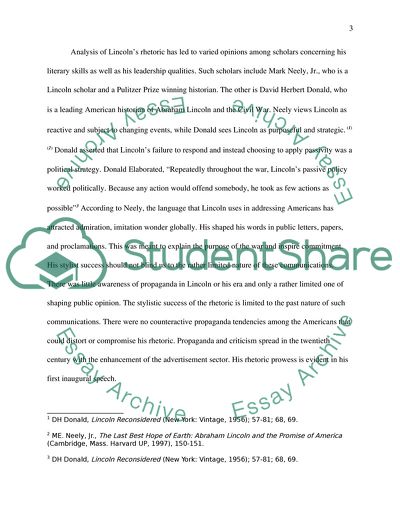Cite this document
(Rhetoric of abraham lincoln Essay Example | Topics and Well Written Essays - 1500 words - 1, n.d.)
Rhetoric of abraham lincoln Essay Example | Topics and Well Written Essays - 1500 words - 1. Retrieved from https://studentshare.org/history/1784169-rhetoric-of-abraham-lincoln
Rhetoric of abraham lincoln Essay Example | Topics and Well Written Essays - 1500 words - 1. Retrieved from https://studentshare.org/history/1784169-rhetoric-of-abraham-lincoln
(Rhetoric of Abraham Lincoln Essay Example | Topics and Well Written Essays - 1500 Words - 1)
Rhetoric of Abraham Lincoln Essay Example | Topics and Well Written Essays - 1500 Words - 1. https://studentshare.org/history/1784169-rhetoric-of-abraham-lincoln.
Rhetoric of Abraham Lincoln Essay Example | Topics and Well Written Essays - 1500 Words - 1. https://studentshare.org/history/1784169-rhetoric-of-abraham-lincoln.
“Rhetoric of Abraham Lincoln Essay Example | Topics and Well Written Essays - 1500 Words - 1”. https://studentshare.org/history/1784169-rhetoric-of-abraham-lincoln.


